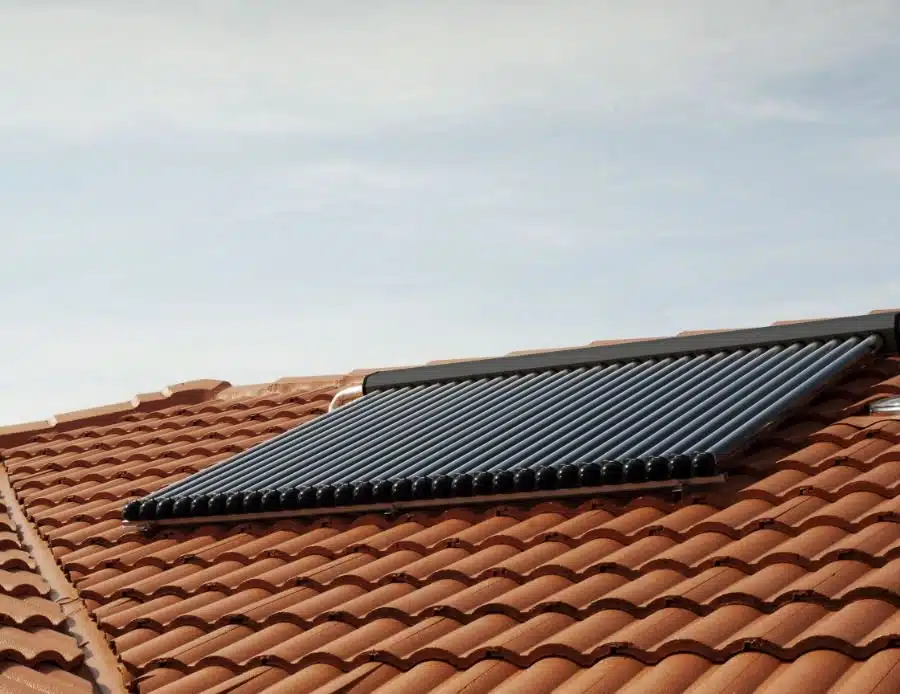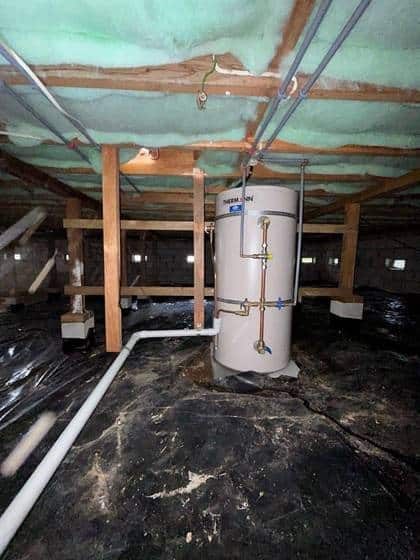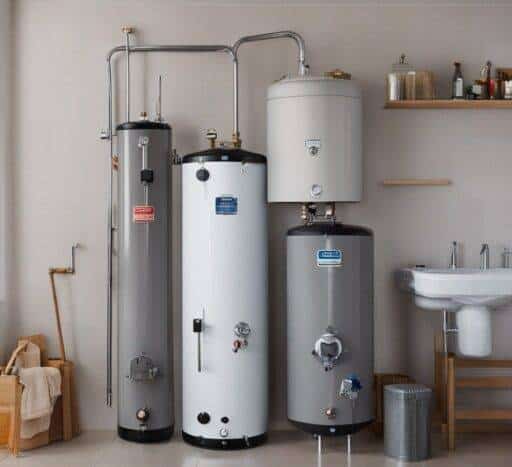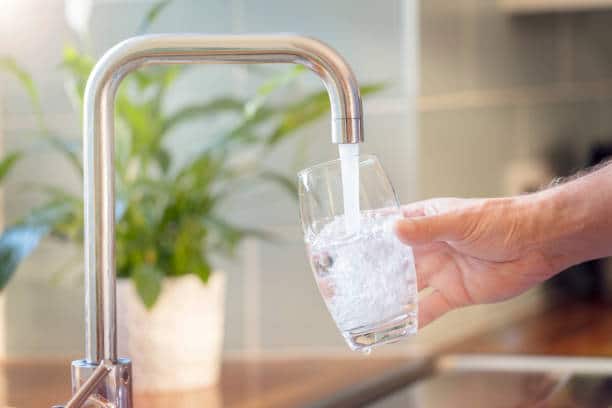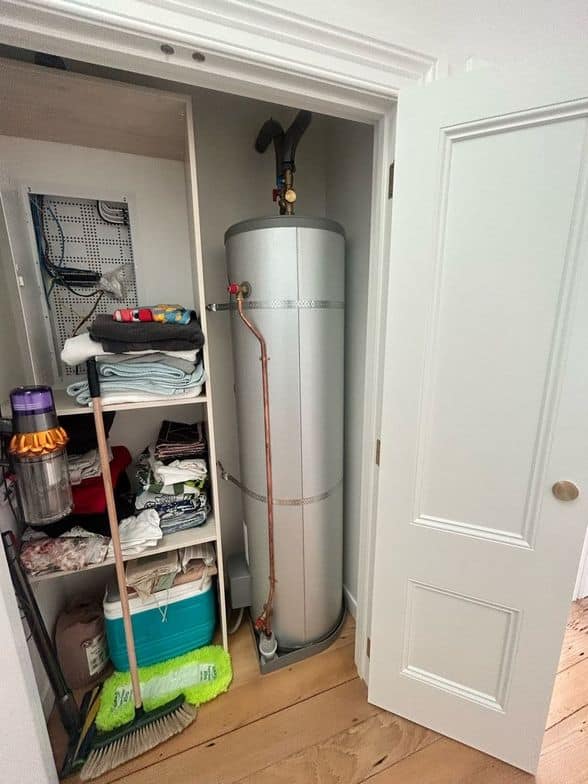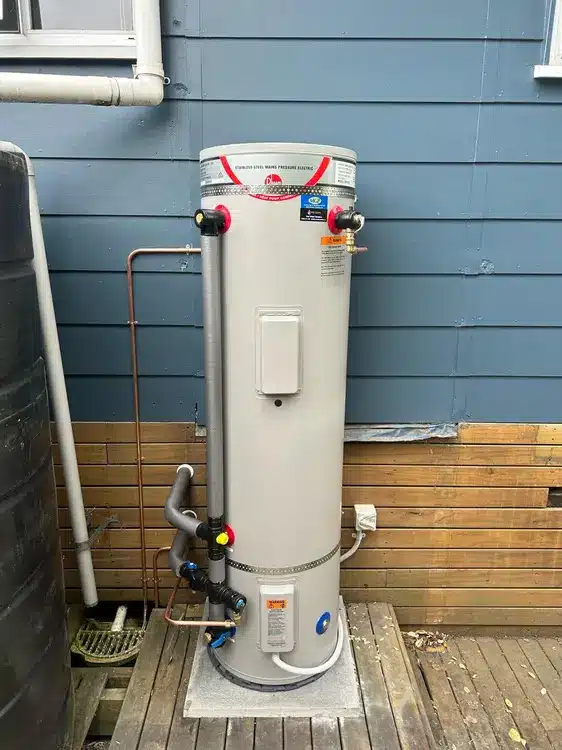Pros of Solar Hot Water
Some of the benefits of switching to a solar hot water heater include:
Reduced Energy Bills – Solar water heating can cut your hot water power costs by up to 60%. Sunlight is free once the system is paid off.
Carbon Emission Reduction – Solar thermal systems reduce your home’s carbon footprint and reliance on fossil fuels like gas and coal-fired electricity.
Rebates and Incentives – The New Zealand government offers both rebates and interest-free loans to help fund solar water heater installations for Auckland homes.
Technology Improvements – Modern solar thermal systems are more efficient, long-lasting, and reliable compared to older models.
Works Even on Cloudy Days – Solar collectors can heat water using diffuse and indirect sunlight, not just direct rays.
Long Lifespans – With proper maintenance, solar hot water systems can have a lifespan of 20 years or longer.
Electric Backup – Solar water heaters use an electric element backup for cloudy stretches.
Cons of Solar Hot Water
Some downsides and considerations for solar hot water include:
Higher Upfront Cost – Purchasing and installing a system can cost several thousand dollars despite subsidies.
Space Requirements – Solar collectors require sunny, unshaded roof or ground space.
Ongoing Maintenance – Solar heaters require 2-3 yearly checks of the glycol fluid, pumps, and other components.
Intermittency Issues – Long stretches of rainy, cloudy weather can impact output and lead to tepid water.
No Savings Guarantee – Factors like household size, usage, orientation, and weather affect potential bill reductions.
Appearance – Roof collectors can impact your home’s aesthetics.
Cylinder Backup Needs – An electric cylinder backup is required, adding to costs.
Efficiency Declines Over Time – As with all tech, solar collector efficiency slowly degrades over decades of operation.
With Auckland’s abundant sunlight, solar water heating can be an effective way to harness renewable energy and shrink your carbon footprint. But the systems come with real costs and considerations that underscore the importance of carefully evaluating your home’s specific circumstances.
Assessing Your Home's Solar Hot Water Potential
Determining if solar water heating makes sense depends on assessing some key factors:
Hot water usage – Households with high demand benefit more than light users.
Roof space – Unshaded north-facing roof space is ideal for collectors.
Weather patterns – Systems output less in cooler, cloudier winter months.
Shading and obstructions – Nearby trees or buildings can cause issues.
Budget – Can you afford the upfront installation and overall 20+ year costs?
Backup needs – An electric cylinder backup adds expense but ensures hot water.
Appearance preferences – Solar collectors alter your home’s aesthetics.
Consulting with solar suppliers and installers can provide project assessments defining the costs, savings and suitability based on your home’s unique characteristics.
Comparing Active vs Passive Solar Hot Water Systems
Two main types of solar water heating systems exist – active and passive. Key differences include:
Active Systems – Use electric pumps to circulate glycol between collectors and the tank.
Passive Systems – Rely on natural convection without mechanical pumps.
Efficiency – Active systems are more efficient, especially in winter.
Freeze protection – Both use glycol antifreeze in collectors but active pumps offer better freeze resilience.
Cost – Active systems have higher upfront costs but can provide greater long-term savings.
Maintenance – Passive systems have fewer mechanical components to maintain.
Complexity – Active systems are more complex with more that can go wrong.
Active systems tend to be better suited for Auckland’s climate, but passive can work well for some homes. Compare pros and cons before deciding on a system type.
Maximizing Solar Collector Efficiency
Proper solar collector orientation and installation is crucial for harvesting ample sunlight. Tips include:
North facing – Angled directly north is optimal for capturing the most direct radiation.
Tilt angle – Match your latitude – around 36° for Auckland – for peak winter absorption.
No shading – Solar access from 9am to 3pm is ideal – avoid shadows from trees.
Strong roof – Collectors add weight, so older roofs may need assessment and reinforcement.
Raised installation – Elevated frame mounting improves airflow and efficiency.
Insulated pipes – Prevent heat loss between collectors, cylinder, and taps.
Reflective surfaces – Use reflective backgrounds to maximize diffuse light capture.
Ongoing maintenance like cleaning collectors and replacing glycol fluid can also enhance system performance.
Assessing Total Costs
While solar hot water can generate significant electricity savings, you need to weigh the total short and long-term costs:
Installation cost – System size, electric backups and complexity adds more to the overall cost. Get multiple quotes.
Government incentives – Rebates and loans provide around $3000 in upfront savings.
Lifespan savings – Electricity bill reductions offset the initial investment over 20+ years.
Added value – Solar hot water may increase your home’s resale value.
Insurance – Minor premium hikes may occur.
Loan interest – Financing comes with extra interest costs over time.
Maintenance costs – Expect around $250 in annual servicing fees.
Cylinder lifespan – Eventually the electric cylinder component will need replacement.
Carefully calculating total lifetime costs helps determine if the investment pays off long-term and aligns with your budget.
Going Green with Solar
Solar water heating allows Auckland homeowners to tap into abundant renewable energy from the sun to shrink their home’s carbon footprint. Harnessed correctly, the sun’s rays can displace a significant portion of your hot water heating needs. But solar systems come with real trade-offs and costs to weigh against the environmental benefits. With prudent planning and installation, solar hot water can be a solid eco-friendly addition that saves money over the long haul.
Contact us here on our contact us page and we will be more than happy to answer your queries. Or give us a call on 0800 497658.
At Hot Water Solutions all we do is hot water.

